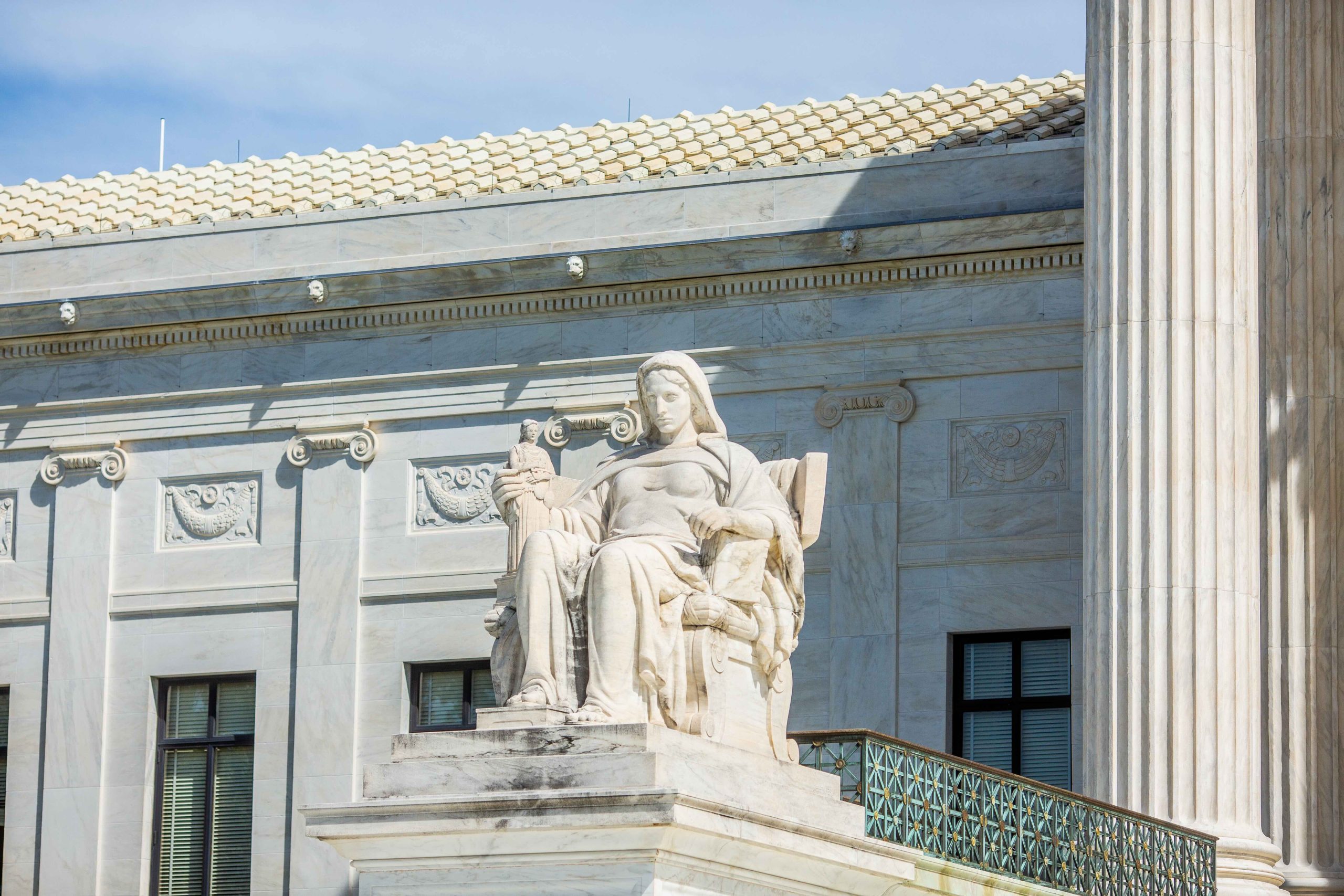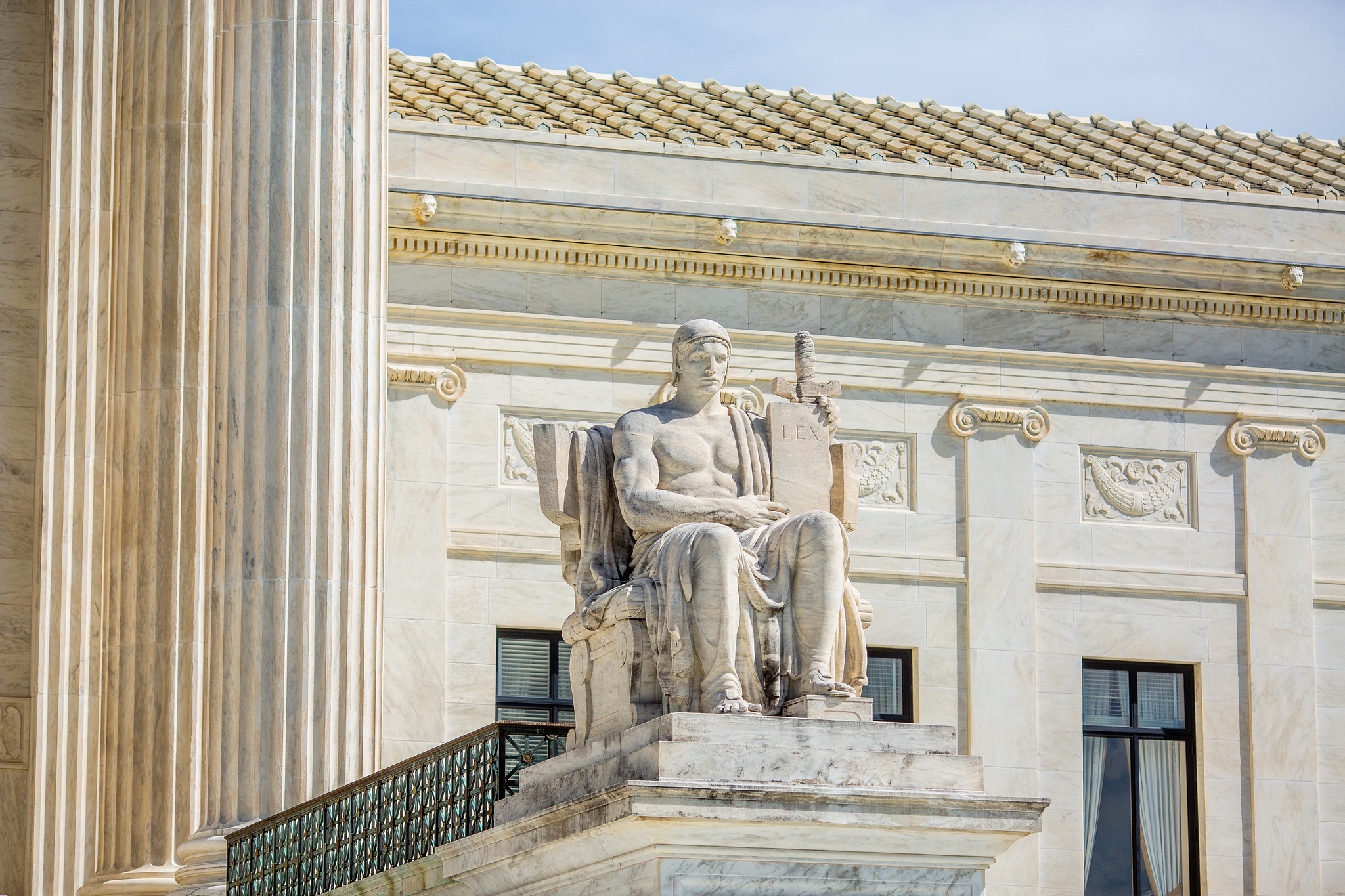Supreme Court permits execution of Marcellus Williams
CAPITAL CASE
The Missouri Supreme Court allowed Marcellus Williams to be executed on Tuesday night, despite evidence that he was innocent. Thomas Hawk via Flickr
The Supreme Court declined on Tuesday to block the execution Marcellus Williams. In 2001, he was convicted of the stabbing murder of Felicia Gail in 1998 and sentenced to die. Williams’ lawyers claimed that there was good reason to believe that he was innocent. None of the forensics evidence found at Gayle’s home linked Williams to the crime scene. The lawyer who prosecuted Williams also testified that he excluded at least one potential juror because of that juror’s race.
Williams was executed by lethal injection on Tuesday evening in Bonne Terre, Missouri. Sonia Sotomayor and Ketanji brown Jackson, along with Elena Kagan, indicated that they would put Williams’ execution on hold. Gayle’s family and the prosecutor had publicly objected to Williams’ execution.
The brief unsigned orders came one day after the Missouri Supreme Court and the state’s governor, Mike Parson, turned down requests to stop the execution. The only evidence that linked Williams to the murder of Gayle was a laptop that was stolen from her husband. The Office of the Prosecuting Attorney in St. Louis County conceded that there was evidence indicating Williams was innocent. His DNA was not found on the knife that was used to kill Gayle and prosecutors had contaminated this evidence by handling it without gloves before and during the trials.
There were also indications that prosecutors dismissed one juror because of race. The jury that convicted Williams, who was Black, was in the end made up of 11 white jurors and just one Black juror.
Williams, who maintained his innocence, agreed last month to enter an Alford plea, which acknowledges that the state has enough evidence to prosecute him for murder, in exchange for a sentence of life in prison without the possibility of parole.
Both Williams and the St. Louis prosecuting attorney came to the Supreme Court on Monday, asking the justices to put the execution, scheduled for Tuesday night, on hold and take up his case. Williams’ attorneys wrote that the conviction of Marcellus Williams was a grave injustice and that to execute him would have been an unthinkable irreversible travesty. In that case, the state’s attorney general has supported Glossip’s efforts to set aside his conviction and death sentence.
This article was originally published at Howe on the Court.






